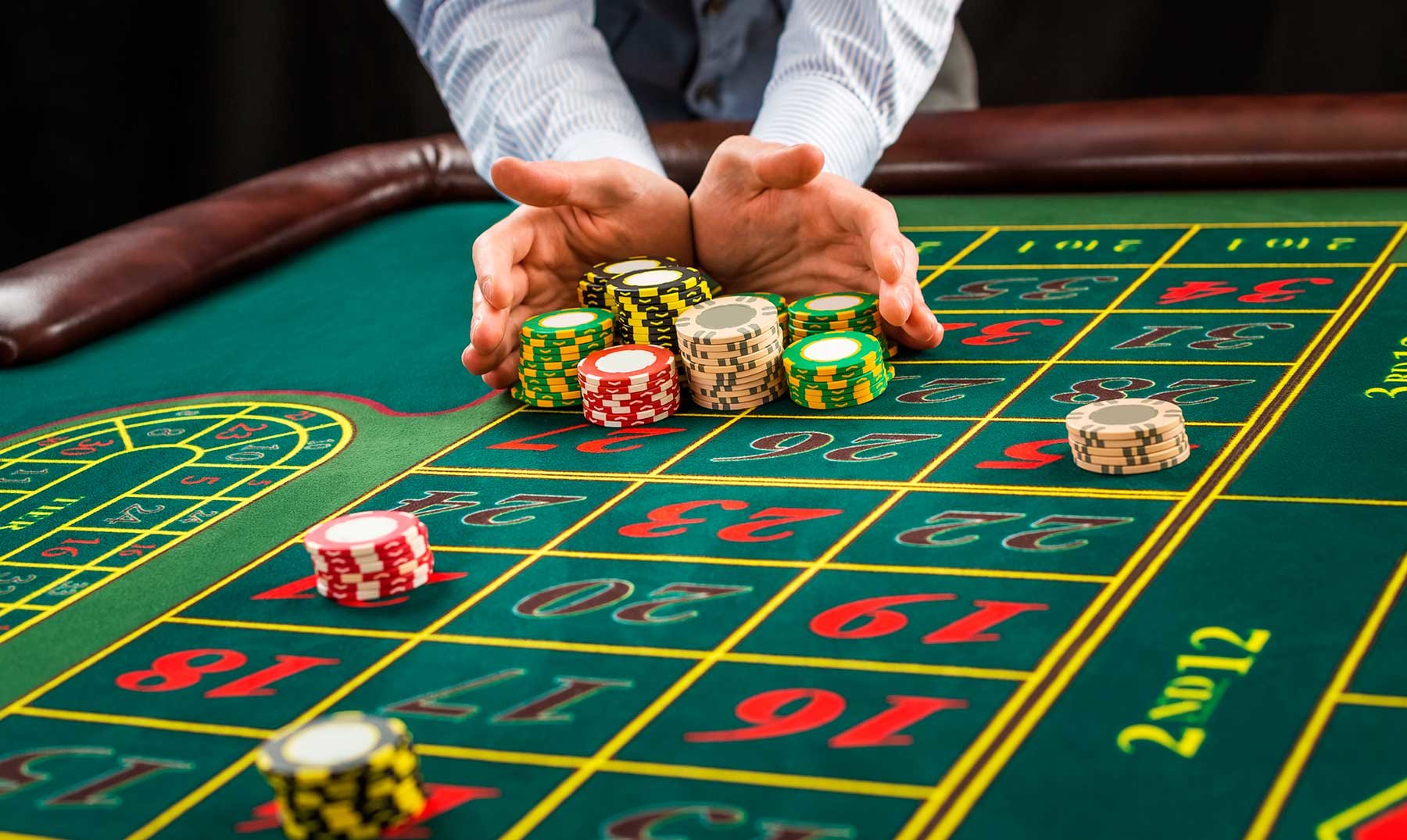
Casino activities have long been associated with the rush of chance and the anticipation of luck. Many people enter a casino with the expectation that their success hinges solely on chance occurrences. However, a further examination reveals that these games encompass much more than just the element of luck. Understanding the rules, tactics, and human psychology behind casino games can greatly enhance the satisfaction and improve one’s chances of victory.
Aside from the captivating sounds of spinning reels and dice being cast, casino games involve a diverse array of expertise, methodology, and decision-making. Whether you are engaged in blackjack, poker, or even baccarat, knowing the strategies can significantly influence the conclusion of the game. Moreover, the approach of the players and understanding the probabilities behind each game can shift the balance of success away from mere chance. By understanding these dimensions, players can appreciate casino games as a combination of enjoyment and minigame, transforming their viewpoint from one of passive involvement to one of active engagement.
The Psychological Aspects of Gambler’s Behavior
Grasping the psychology of gambling shows that player conduct is motivated by much more than mere luck. The thrill of taking risks, immediate reward, and a potential for achieving large sums can create a intense emotional experience. casinos not on GamStop Many players find themselves captivated by the thrill, which can lead to a cycle of heightened betting and gambling, often fueled by a hopeful hopefulness that colors their perceptions of winning probabilities.
An additional crucial element in the psychology of casino games is the illusion of control. Numerous players feel that their choices, such as the selection of games or betting patterns, can significantly influence the outcome. This belief can enhance their engagement and enjoyment, but it also adds to persistent gambling behavior, as players often ignore the role of randomness within the games. The excitement derived from making choices gives players a sense of involvement, which can be deceptive in terms of grasping the true odds involved.
Moreover, the environment of the casino holds a crucial role in shaping a gambler’s experience. Factors like illumination, sounds, and the presence of fellow gamblers create a stimulating atmosphere that enhances the thrill of the game. This thoughtfully crafted environment can lead gamblers to lose track of time and money spent, as they become enveloped in a sensory experience that heightens their emotional investment. Recognizing these psychological dynamics is essential for understanding why casino games entice players and continue to them coming back for more.
Skill vs. Luck in Gambling Games
In the world of casino games, the argument between expertise and chance is a prominent one. Many players are convinced that fortune is the dominant factor, especially in activities like slot machines where results are determined by chance. However, there are games that evidently showcase the significance of skill, such as poker and 21, where players can utilize strategies and decisions that affect their overall success. Understanding the mechanics and nuances of each game can greatly affect a player’s performance and success.
The role of expertise becomes clear when examining the various strategies available to players. In activities like Texas Hold’em, for example, players must analyze their rivals, assess probabilities, and make educated decisions based on their cards and the community cards. This level of strategy demonstrates how proficient players can consistently outperform novices, proving that success is not solely based on chance but rather on the use of knowledge and experience. Similarly, in 21, players can use strategies like counting cards to gain an edge over the casino, further showing the importance of expertise.
On the other hand, chance cannot be entirely ignored in any gambling game. While skill can improve a player’s chances of success, unpredictable results still play a crucial role. Even the most effective tactics can fail due to the random character of card draws or spins. This interaction between expertise and luck creates a lively gaming environment where players must adapt and react to unpredictable events while also leveraging their skills. Ultimately, successful gambling gaming is a mix of both elements, contributing to the complexity and thrill of the gameplay.
Tactics for Winning
To succeed in gaming, players must understand the value of developing a strategy customized to the distinct title they are playing. Each title has its specific set of guidelines, chances, and nuances that call for a thoughtful method. For case, in titles like blackjack, players can utilize techniques such as card counting to make smarter decisions and improve their potential of success. Understanding the odds and rewards associated with each game can enable players to make wiser choices and enhance their general gaming experience.
Financial control is another vital strategy that cannot be ignored. Players should set a spending plan for their gambling time and adhere to it. This guarantees that they do not overspend and helps maintain a sense of discipline over their gaming activities. Deciding in advance the amount to wager and when to walk away can prevent emotional decisions that frequently cause major setbacks. Prudent bankroll management allows players to appreciate casino games without the concern of overextending financially.
Lastly, drawing lessons from gameplay and watching other players can provide valuable perspectives. Many successful players spend time reviewing not only their personal play but also that of others. This analysis can uncover various tactics and techniques, ultimately promoting better decision-making. Engaging in self-reflection after gaming sessions helps players recognize what succeeded and what failed, enabling them to adjust their strategies over time. By uniting knowledge, focus, and awareness, players can enhance their odds of winning in gaming.